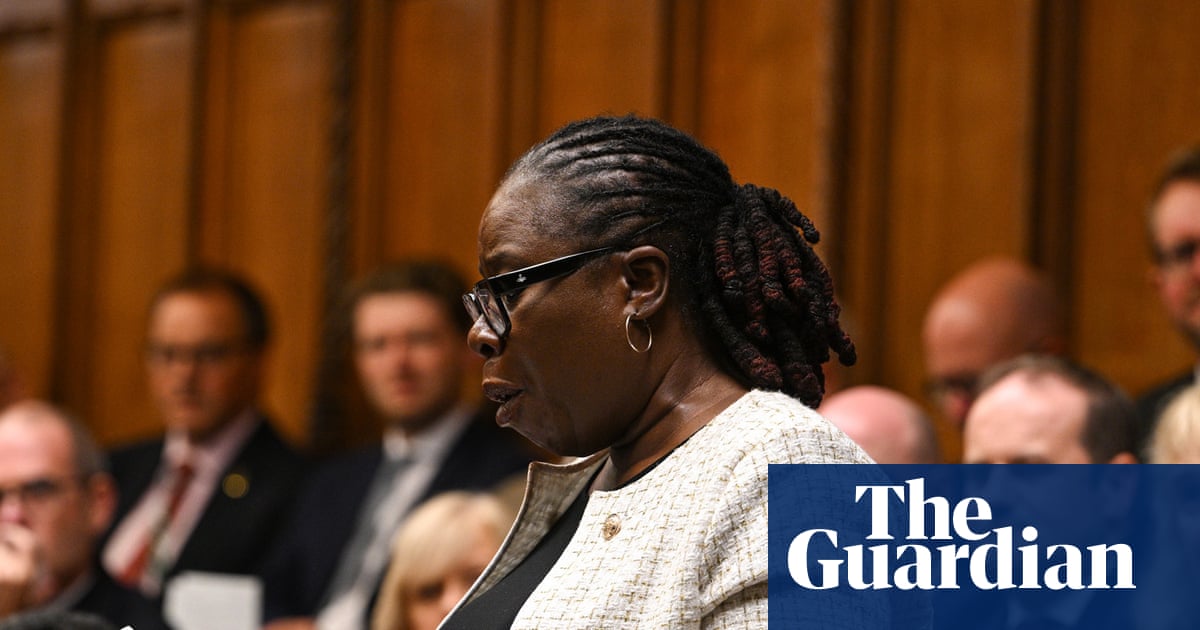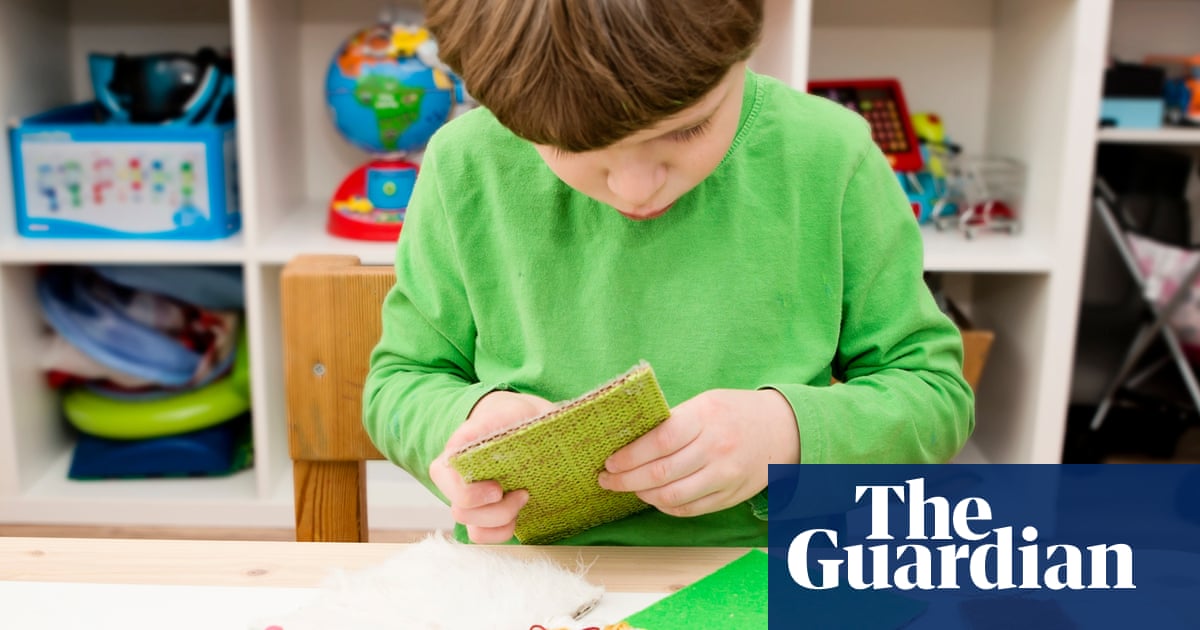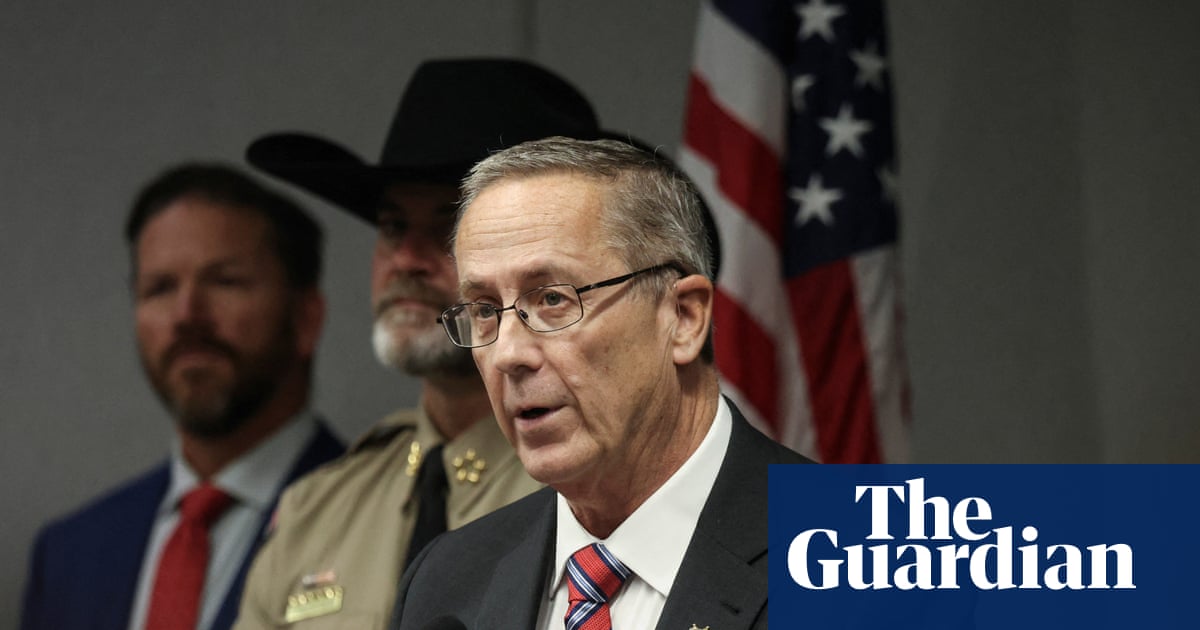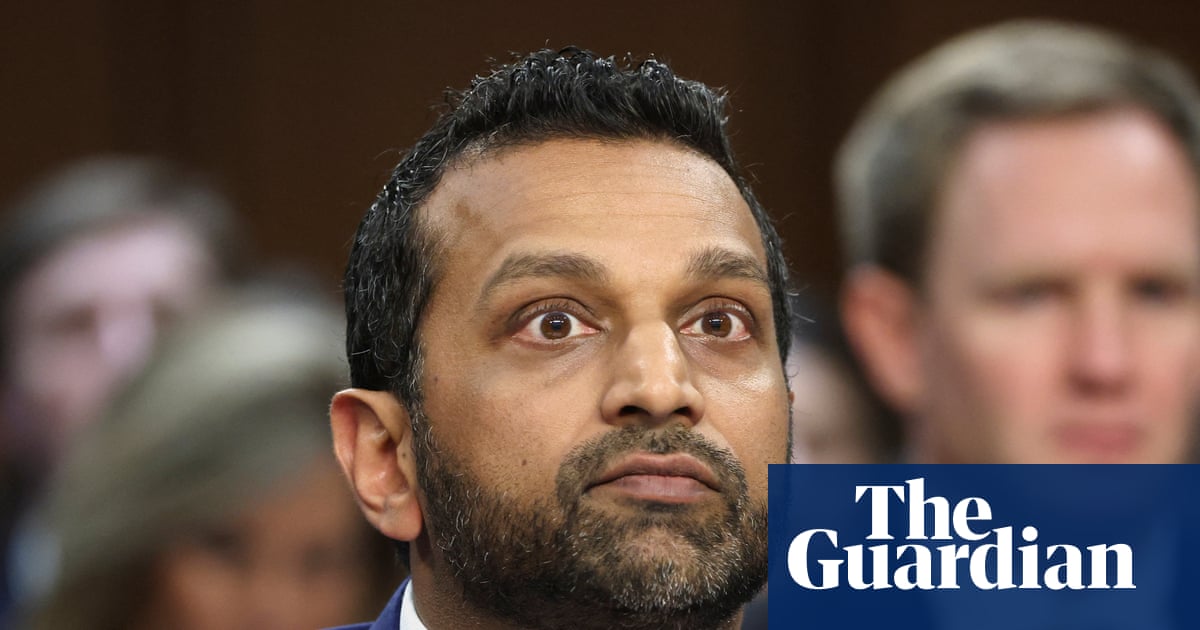Artificial intelligence should be deployed to “level up” opportunities for dyslexic children, according to the UK science and technology secretary, Peter Kyle, who warned there was currently not enough human capacity to help people with the learning difficulty.
Kyle, who is dyslexic and uses AI to support his work, said the government should carefully look at “how AI can transform education and help us assess and understand a young person’s abilities into the future”.
He spoke as the TV chef Jamie Oliver, who is also dyslexic, launched a campaign calling for improved teacher training on dyslexia and earlier screening of children to detect the condition sooner. About 6 million people in the UK are estimated to have dyslexia, which primarily affects reading and writing skills.
Kyle told the Guardian he had felt “quite emotional” when seeing AI technology used to help young people learn with “incredible empathy, encouragement and knowledge”.
“I have already seen how GPTs and other [AI] services have helped me,” said Kyle, who was last month mooted in press reports as a potential future education secretary. “AI gets to know you. AI gets to know how you ask questions and how you think. It fits in around your own individual learning characteristics. AI is an incredible tutor, so there is no question that AI deployed wisely and safely, not just in education but in a young person’s life, can have an incredible levelling-up opportunity.”
He said the current problem was that “we don’t have enough human capacity to give dyslexics all of the skilled and specialist support that is unique to the individual characteristics of dyslexics”.
He stopped short of arguing AI technology should be allowed to support dyslexic children in exams, where they perform significantly worse in key GCSEs. About 52% of children without any special education needs achieved a grade 5 or above in English and maths last year, compared with 22% among children with a specific learning difficulty, which includes dyslexia.
“We are currently reviewing the curriculum and we have to very carefully look at how AI can transform education and help us assess and understand a young person’s abilities into the future,” he said. “But right now I think we have a really robust exam system. It’s very good at judging a young person’s potential.”
Kay Carter, the chief executive of the Dyslexia Association, said AI was already levelling the playing field for dyslexic pupils. If AI could manage tasks such as memorising facts and rapid recall of information, “the focus [of education] may shift to problem-solving [and] critical thinking, talents which some of those with dyslexia naturally excel at,” she said.She cautioned that AI was not to be a replacement for good teaching but “allows dyslexic students better access to their own learning”.
Kyle was speaking at London Tech Week, where he also addressed the row between the government and parts of the creative industries over the use of copyrighted content for training AI models. Elton John last month called Kyle “a bit of a moron” after ministers pushed back against a campaign for the new data bill to provide greater protections for creatives.
after newsletter promotion
“I am always available to meet with Elton John and anyone else,” Kyle said. “I have met with Björn [Ulvaeus] from Abba and publishers, I have spoken to small creatives.”
Kyle said the data bill, which is currently rallying back and forth between MPs and peers, was “totally not suitable” to legislate on AI using copyrighted material. The Guardian reported last week that the government has decided to introduce a “comprehensive” AI bill in the next parliamentary session to address concerns about issues including safety and copyright.
“I will set up working groups the very second the data bill is through parliament so I can begin the rapid process towards legislation,” he said.

.png) 3 months ago
58
3 months ago
58

















































